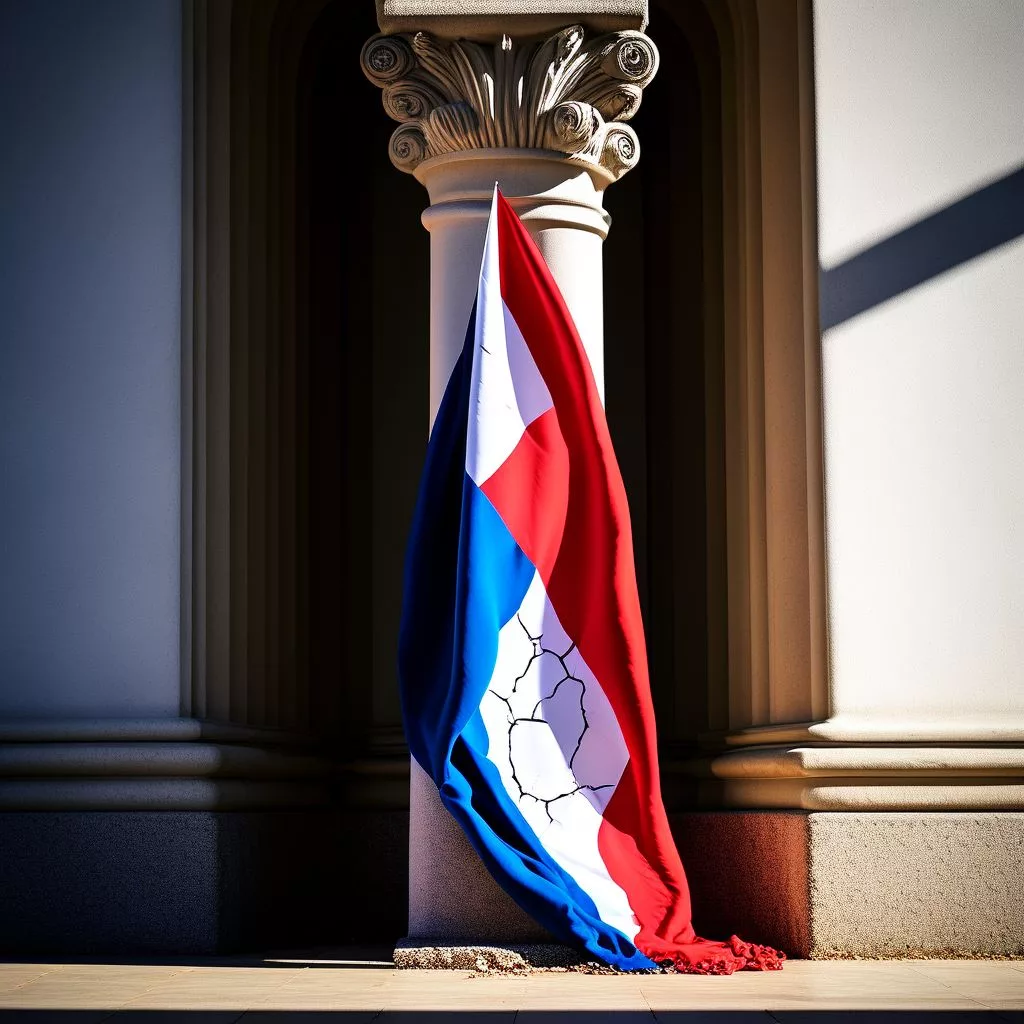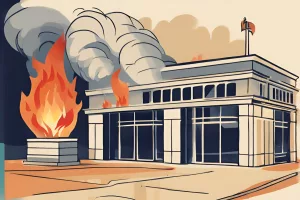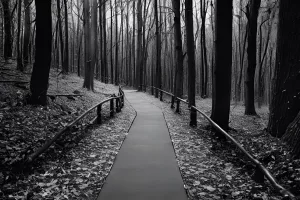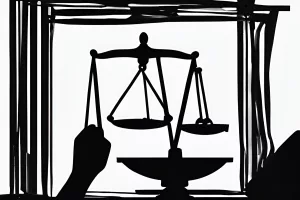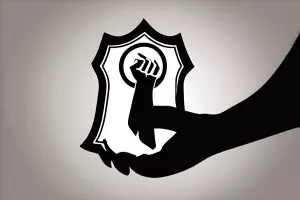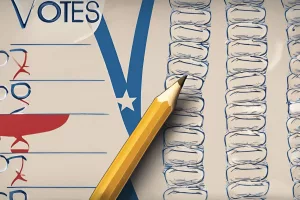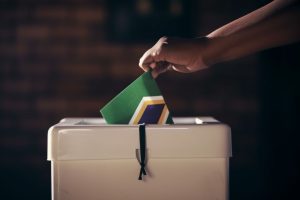The Democratic Alliance (DA) is fighting hard against corruption in South Africa by accusing Minister Thembi Simelane of approving over R700,000 in fake payments linked to the Kusile Power Plant scandal. They want the police to investigate fully and bring justice. This case has stirred strong feelings because it reminds many South Africans of past scandals and broken promises. With public eyes watching closely, the DA hopes to push for honest leadership and clean government. The battle shows the nation’s deep need for truth and fairness at the highest levels.
Roman Cabanac is a divisive figure in South African politics, known for his conservative views and podcast, Morning Shot. Recently appointed as Chief of Staff in the office of Agriculture Minister John Steenhuisen, Cabanac’s rise to power has stirred controversy due to his interviews with guests holding extremist views and his negative opinions on the state of South African politics. His appointment highlights the changing dynamics within the political party and the ongoing instability of the South African political scene.
The alleged bribery attempt and political discord in South Africa’s Swellendam Municipality could significantly upset the power dynamics as the ruling Democratic Alliance (DA) faces accusations of attempting to bribe an African National Congress councillor to resign and trigger a byelection that would be in their favour. The DA and Freedom Front Plus deny the allegations, while the ANC is preparing a vote of no confidence against the existing authority to establish a new coalition with the FF Plus.
John Steenhuisen’s lack of formal education has been a subject of criticism in South African politics, but it has not hindered his rise to the leadership of the Democratic Alliance. Steenhuisen’s political path is marked by an unflagging commitment to public service rather than academic accomplishments. His sharp comebacks to critics demonstrate his belief that moral uprightness should be the key measure of public service. Steenhuisen’s career serves as a testament to the idea that success in politics is not always linked to conventional educational routes.
South Africa’s African National Congress (ANC) has assembled a team to lead the party through the uncharted waters of coalition negotiations following its historic election upset, which resulted in the weakest vote count for 30 years. The team is led by Fikile Mbalula and includes Gwede Mantashe, Nomvula Mokonyane, Maropane Ramokgopa, and Gwen Ramokgopa. The Democratic Alliance has also assembled a team led by Tony Leon and Helen Zille in preparations for the upcoming fiveyear tenure. The parties will need to engage in pragmatic and strategic negotiations to shape South Africa’s political future.
The Democratic Alliance is challenging President Cyril Ramaphosa, alleging that he has used his executive position for political gain. The tension between a public office’s responsibilities to citizens and the potential for misuse is a global theme, highlighting the importance of political opposition in holding power accountable. This power struggle in South Africa exposes the intricate dynamics of political maneuvering in a democratic society and the pivotal role of opposition parties in upholding democracy.
The Democratic Alliance’s endorsement of Israel in relation to Gaza has caused negative effects on its public image and may have affected its supporter base. Al Jamaah’s decision to exclude the DA from their support framework may lead to significant gains for other political factions, especially as the Western Cape has a substantial Muslim demographic. The DA’s future course will depend on their ability to negotiate the complexities of both international relations and domestic political dynamics.
A New Chapter in Dan Plato’s Political Journey: A Shift to People’s Movement for Change
Dan Plato, a former Mayor and Member of the Provincial Legislature, recently left the Democratic Alliance (DA) and joined the People’s Movement for Change (PMC), citing his growing discontent with the DA’s shifting priorities and stance on global matters. Plato’s departure marks a significant transformation in his political career, highlighting the everchanging nature of politics. His move also raises questions about political representation, the need for open discussions on global issues, and the importance of being part of a party whose values resonate with the community it serves.
The resignation of Ghaleb Cachalia, a prominent member of the Democratic Alliance (DA) in South Africa, has caused a shockwave in the country’s politics. Cachalia’s decision to leave the party is believed to be due to its shift towards authoritarianism and a departure from democratic values. The DA has responded by reaffirming its commitment to peace and a twostate solution in the Middle East conflict, while highlighting the need to respect differing opinions within the party. The incident reveals the challenge of balancing personal beliefs with party policies in South African politics.
Democratic Alliance Files Ethics Complaint Against National Minister of Transport Over Cape Town Taxi Strike
In response to the recent taxi strike in Cape Town that led to violence and infrastructure damage, the Democratic Alliance (DA) has announced that it will submit an ethics complaint against the National Minister of Transport, Sindisiwe Chikunga. The DA’s Shadow Minister of Transport, Dr. Chris Hunsinger, accused Chikunga of supporting the South African National Taxi Council (Santaco) in the Western Cape, prompting the DA to file a complaint with the Joint Parliamentary Committee on Ethics and Members’ Interests.
The recent R70 million fine imposed on the Lekwa Municipality by the Standerton Magistrates Court for environmental violations has drawn attention to the urgent need for ethical governance practices. The Democratic Alliance in Mpumalanga has applauded the ruling and expressed concern for the compromised livelihoods of residents affected by the municipality’s repeated offenses.
On May 24, 2023, two provinces in South Africa, Gauteng and KwaZuluNatal, held municipal byelections, showcasing the power of democracy in action. The African National Congress (ANC) and the Democratic Alliance (DA) both maintained their positions from the 2021 Municipal Elections. This article will provide a detailed analysis of the election results, including the successful candidates from both parties.

